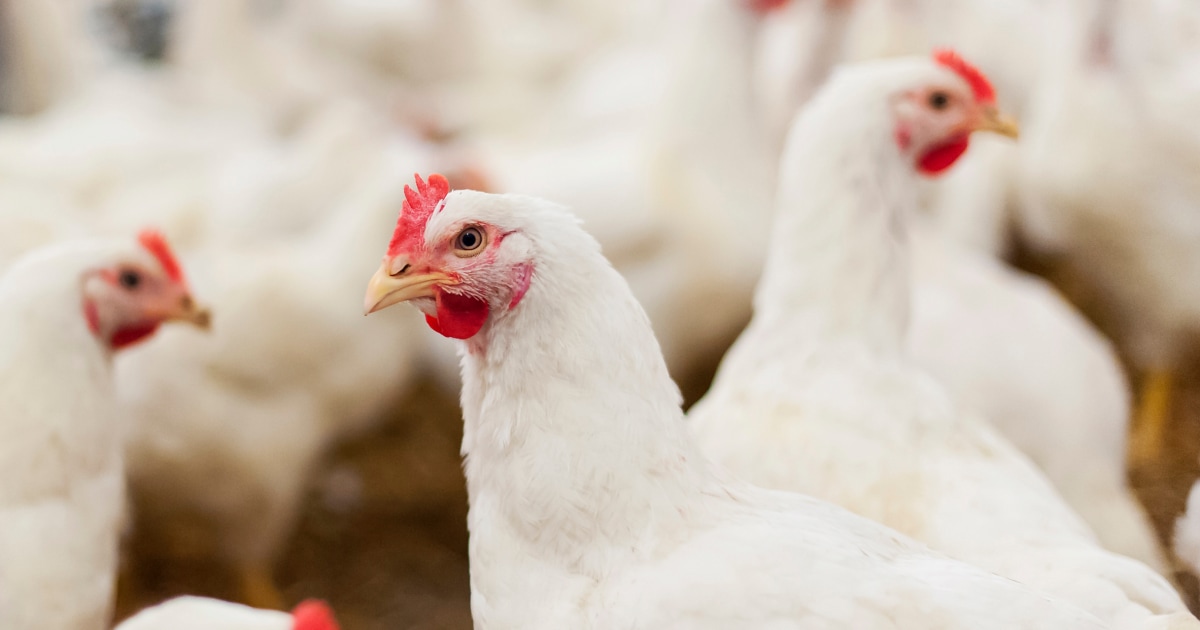A public health emergency has been declared by the World Health Organisation (WHO) over a new outbreak of mpox in several African nations. Also known as monkeypox , the disease has seen an upsurge in the Democratic Republic of Congo (DRC) with confirmed cases reaching countries across the African subcontinent. More than 17,000 cases have now been confirmed across Africa , with the WHO saying the outbreak is of “international concern”.
The public health emergency was declared by the group’s director general, Dr Tedros Adhanom Ghebreyesus. The outbreak comes as a new strain is identified, named clade 1b, said to be spreading mainly through sexual networks. WHO says it has been identified in Burundi, Kenya, Rwanda and Uganda – all countries that have never reported cases of mpox before.

Dr Tedros said: “The emergence of a new clade of mpox, its rapid spread in eastern DRC, and the reporting of cases in several neighbouring countries are very worrying. “On top of outbreaks of other mpox clades in DRC and other countries in Africa, it’s clear that a coordinated international response is needed to stop these outbreaks and save lives.” The organisation is working with nations worldwide to coordinate accelerated vaccine access and containment measures.
They say an initial sum of 15 million dollars will be required for an effective response. Responding to the outbreak, the US government said the risk to the general public is “very low” with no cases of clade I reported there. However, the nation has seen 1,399 cases of other mpox strains since the start of the year, nearly level with the DRC.
Here is a map of mpox cases of all strains that have been confirmed around the world since the start of 2024: A US spokesperson said: “In addition to ongoing health support, in the last few months the United States has provided an additional $17 million USD to support clade I mpox preparedness and response efforts in Central and Eastern Africa. “The funding has enabled stronger surveillance, risk communication, and community engagement, as well as needed laboratory supplies and diagnostics, clinical services, and vaccine planning.” So far, the risk assessment for the entire world has been set to ‘moderate’, with cases of clade I being largely located in the DRC and neighbouring countries.
.



















